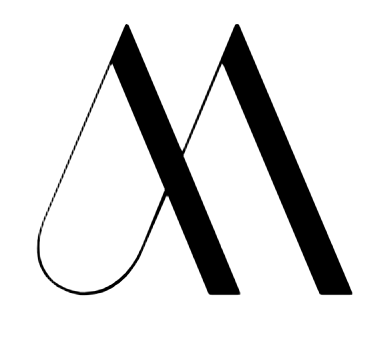Wondering how long one's life will last is a universal thought.
The average life expectancy in the United States is 81.4 years for women and 75.8 years for men, according to the Centers for Disease Control and Prevention. But can anything be extrapolated further than that?
MORE: Appendix cancer remains rare, but is becoming more common among younger generations
The Death Clock app — which has the motto "Know your date. Change your fate" — is attempting to do so.
Death Clock's website notes "AI analyzes your life choices to determine when you will die, and how you can improve your habits to live even longer." Using more than 1,200 life expectancy studies as a trained basis and data from users, Death Clock's calculator is emphatically personal.
While the concept and implementation of artificial intelligence remains controversial, the app provides the disclaimer that it's "for fun only."
The Washington Post spoke about Death Clock with New York University bioethicist Arthur Caplan, who noted there are many factors that influence life expectancy, from genetics to the risk of contracting certain diseases.
"The majority of your lifespan is driven by your parents' income, your educational level, whether you have a job, whether you live downstream from polluting chemical refineries or a radioactive plant that's dumping something into your water," Caplan told the Post.
Clearly, a lot goes into it.
Beyond the "for fun only" component of Death Clock's take on a given person's remaining time, there are apps that aim to improve mental and physical well-being, which, in turn, should help improve life expectancy.
MyFitnessPal, a weight loss and exercise app, works as a calorie tracker and also helps users reach their fitness goals. Noom, with its tagline of "lose weight and keep it off," focuses on diet and exercise, too.
For mindfulness, Headspace has a focus on daily meditation, stress-relieving exercises and sleep guides. Calm is a similar mental health app with guided meditations that also attempts to help users improve sleep quality.
For Death Clock alternatives, Final Countdown uses personalized information and World Health Organization data as a tool that, in its words, "is capable of making the users think about their lifestyle and motivate the individuals to change it for the better." There's also Time Left, which includes the description of "a daily reminder to live well."
For a more traditional approach, the Social Security Administration's life expectancy calculator is right there for use, too.
Have any thoughts?
Share your reaction or leave a quick response — we’d love to hear what you think!






